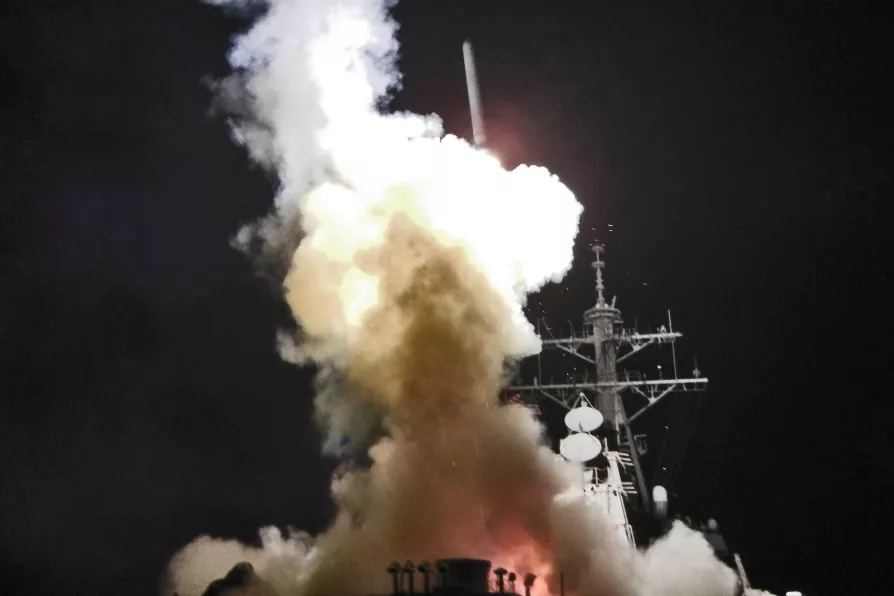Climate activist and writer JANE ROGERS introduces her new collection, Fire-ready, and examines the connection between life and fiction
No More War by Dan Kovalik
Accessible introduction to international law is a powerful plea for global peace

 ILLEGAL: US navy cruise missile attack on Libya, 2011
[Roderick Eubanks/Wikipedia]
ILLEGAL: US navy cruise missile attack on Libya, 2011
[Roderick Eubanks/Wikipedia]
IN HIS latest book, Pittsburgh-based lawyer and peace activist Dan Kovalik is at pains to stress that the UN Charter, the principal instrument of international law since its signing in 1945, lays down a number of important precepts regarding humanity’s need for peace, equality and freedom from oppression.
Prevention of war is at its core, and states are to resolve disputes by peaceful means if these are available. An armed attack on one state by another can only be considered legal if, having exhausted all non-violent paths, the attack has been approved by the UN security council, or if it is carried out in urgent self-defence against an armed attack, or if the invading party has been granted consent by the leader of the host state.
Similar stories

Ben Cowles speaks with IAN ‘TREE’ ROBINSON and ANDY DAVIES, two of the string pullers behind the Manchester Punk Festival, ahead of its 10th year show later this month

RON JACOBS welcomes the long overdue translation of an epic work that chronicles resistance to fascism during WWII

JOHN GREEN surveys the remarkable career of screenwriter Malcolm Hulke and the essential part played by his membership of the Communist Party

ANDY HEDGECOCK relishes two exhibitions that blur the boundaries between art and community engagement










